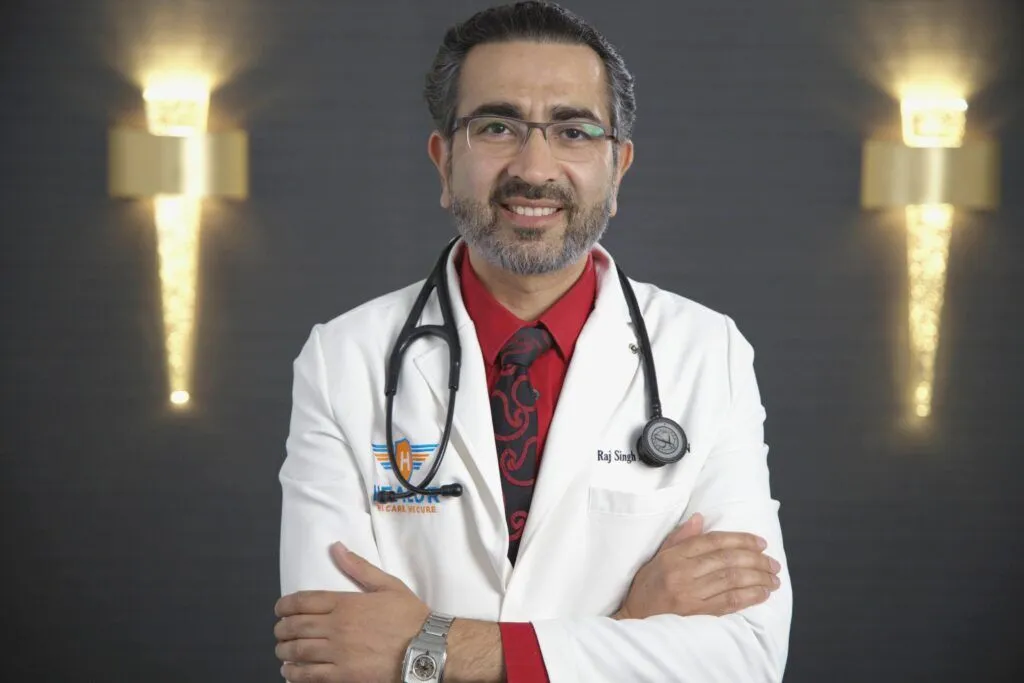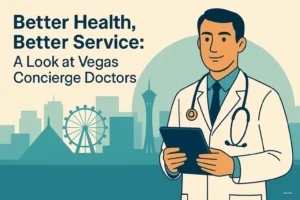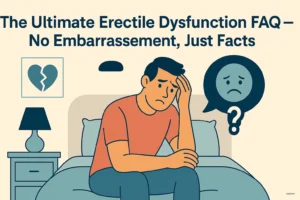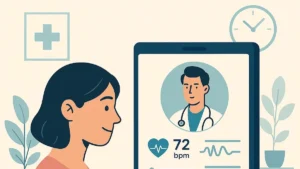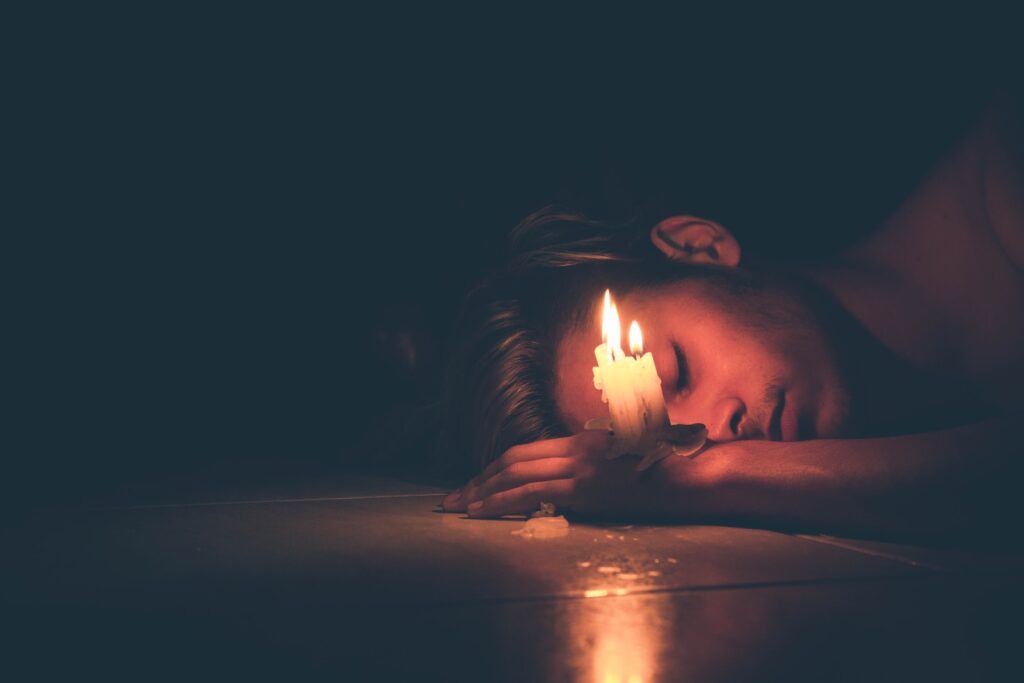
Post-Traumatic Stress Disorder (PTSD) is a complex condition that can manifest in various ways and have a profound impact on a person’s life. Coping with PTSD requires time, effort, and a combination of strategies tailored to individual needs. Let’s explore the nature of PTSD and the everyday coping strategies, offering hope and support for those on the healing journey.
What Is Post-Traumatic Stress Disorder (PTSD)?
PTSD is a mental health condition that can develop after experiencing or witnessing a traumatic event, including combat experiences, sexual assault, physical abuse, natural disasters, accidents, or any situation that threatens one’s safety or well-being.
According to experts, approximately one in five individuals exposed to a traumatic event may eventually develop the condition. The indicators of PTSD include the following:
- Re-experiencing symptoms, such as flashbacks, recurring memories or dreams related to the event, distressing thoughts, and physical signs of stress.
- Avoidance symptoms, avoiding thoughts, feelings, places, and things that are reminders of the event.
- Arousal and reactivity symptoms, such as having difficulty concentrating, falling or staying asleep, being easily startled, feeling tense, feeling irritable, and engaging in destructive behavior.
- Cognition and mood symptoms, such as exaggerated feelings of blame directed toward oneself or others, trouble remembering key features of the traumatic event, and depression.
Everyday Coping With PTSD
Coping with PTSD can be difficult, but there are strategies that individuals can employ to help manage symptoms and improve their quality of life. Here are some everyday coping strategies:
Deep Breathing
Deep breathing techniques can help individuals with PTSD manage anxiety and panic. Focusing on slow, deliberate breaths can activate the body’s relaxation response, reducing the intensity of emotional reactions and promoting a sense of calm.
Meditation and Relaxation
Practicing meditation and relaxation exercises can be immensely beneficial, helping individuals ground themselves in the present moment, reduce anxiety, and manage intrusive thoughts and emotions. Finding moments of tranquility in a busy world is a powerful way to cope.
Physical Activities
Regularly engaging in physical activities and exercise can be a valuable coping strategy. Exercise promotes the release of endorphins, which are natural mood lifters, and can also help individuals regain control over their bodies and increase self-confidence.
Therapy
Seeking therapy can be one of the most effective ways to cope with PTSD. Therapists can provide tools and techniques to manage symptoms, process traumatic memories, and offer a safe space to discuss experiences and emotions. Individuals with PTSD can also rely on art therapy to express their feelings safely and creatively.
Self-Monitoring
Regular self-monitoring of emotions and triggers is essential for managing PTSD. Keep a journal to record feelings, identify patterns, and understand what situations or thoughts lead to distress. Awareness can help individuals better anticipate and manage symptoms.
PTSD Episodes and Flashbacks: Signs and Solutions
PTSD episodes can include “flashbacks” or “triggers,” which can be extremely overwhelming and frightening. Knowing the signs that an episode is coming and solutions to calming down is vital.
Signs of a PTSD Episode
- Intrusive thoughts
- Vivid, distressing memories
- Intense fear
- Disassociation
- Shaking
- Difficulty breathing
- Sweating
- Rapid heartbeat
Solutions
- Ground yourself in the present moment by focusing on your surroundings.
- Engage in deep breathing or relaxation techniques.
- Remind yourself that you are safe and that the episode will pass.
- Seek support from trusted friends or family members.
Conclusion
Dealing with PTSD is a journey that requires patience, self-compassion, and a combination of strategies that work best for each individual. Remember, healing is possible. With the right primary care doctor and support, people can reclaim their lives from the clutches of this challenging condition.
Seek professional help, self-monitor, and employ other coping strategies to heal and recover. With time and perseverance, PTSD can turn into hope, resilience, and the strength to overcome trauma. You are not alone.

